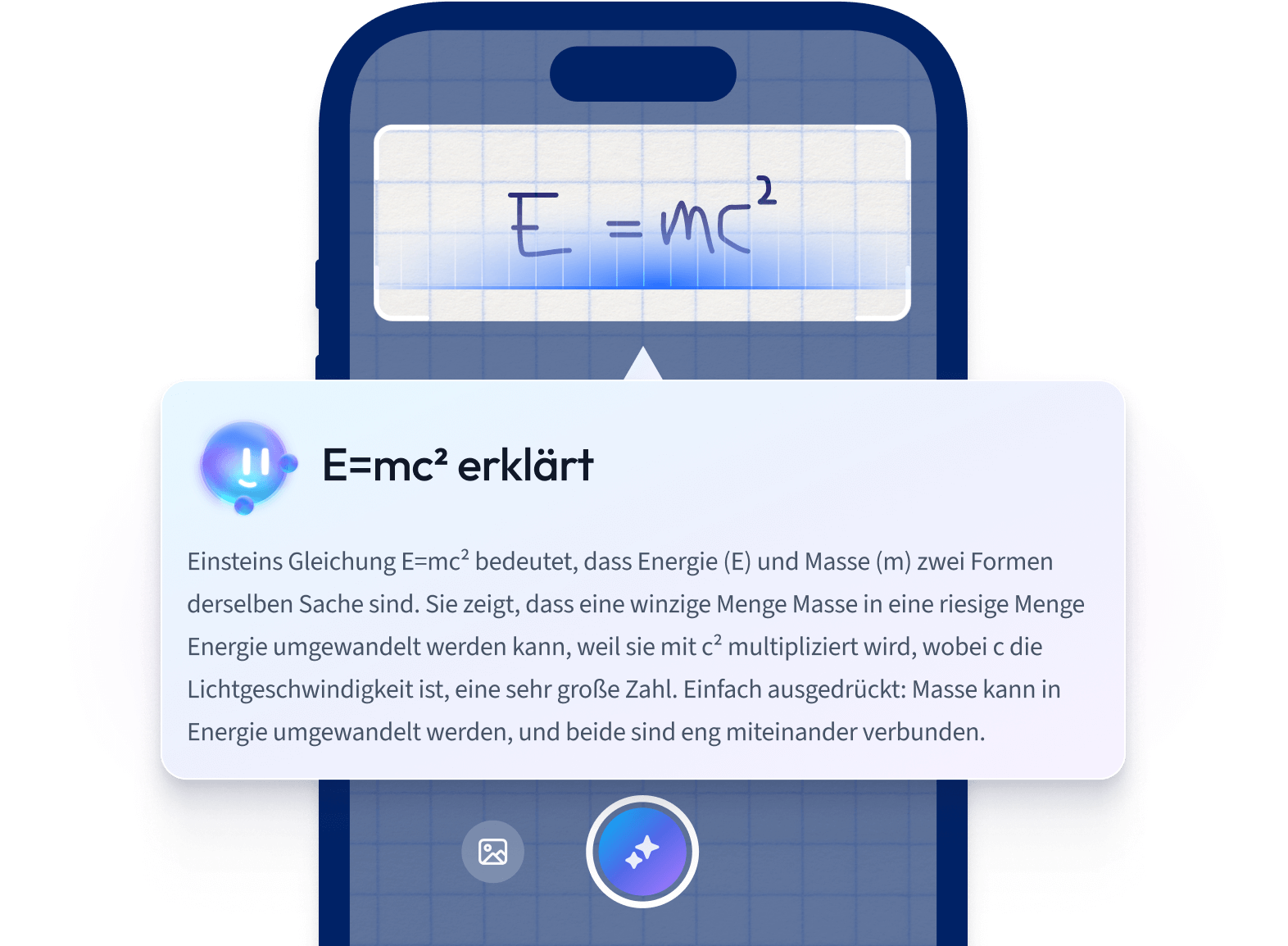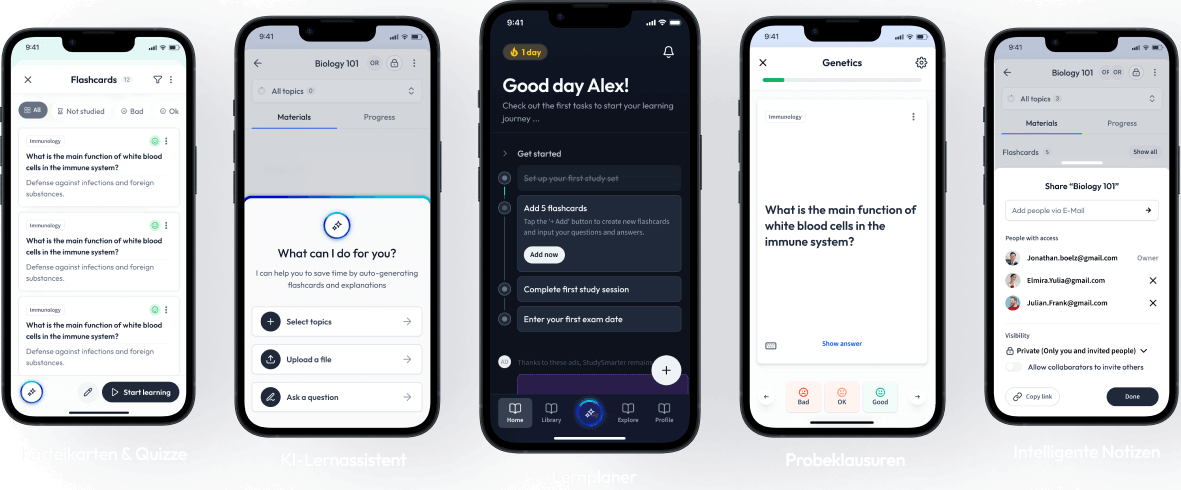Text: The Hate U Give by Angie Thomas
only witness of a police shooting in which her childhood friend Khalil got killed.
She goes to a school in a different district, which is mainly attended by White
kids. For fear of being singled out she does not talk to her school-friends about
her life in Garden Heights, not even about the shooting.
“Back up, back up,” I tell Maya. She flicks through the channels, and when
he appears again, I say, “Right there!”
I’ve pictured his face so much. Actually seeing it again is different. My
memory is pretty spot-on – a thin, jagged scar above his lip, bursts of
freckles that cover his face and neck.
My stomach churns and my skin crawls, and I wanna get away from
One-Fifteen.
My instinct doesn’t care that it’s a photograph being shown on TV. A silver
cross pendant hangs from his neck, like he’s saying Jesus endorses what
he did. We must believe in a different Jesus.
What looks like an older version of him appears on the screen […].
“My son was afraid for his life,” he says. “He only wanted to get home to his
wife and kids.” Pictures flash on the screen. One-Fifteen smiles with his
arms draped around a blurred-out woman. He’s on a fishing trip with two
small, blurred-out children. They show him with a smiley golden retriever,
with his pastor and some fellow deacons who are all blurred out, and then
in his police uniform.
“Officer Brian Cruise Jr. has been on the force for sixteen years,” the voiceover says, and more pics of him as a cop are shown. He’s been a cop for as
long as Khalil was alive, and I wonder if in some sick twist of fate Khalil was
only born for this man to kill.
“A majority of those years have been spent serving in Garden Heights,” the
voice-over continues, “a neighborhood notorious for gang and drug dealers.”
I tense as footage of my neighborhood, my home, is shown. It’s like they
picked the worst parts – the drug addicts roaming the streets, the brokendown Cedar Grove projects, gangbangers flashing signs, bodies on the
sidewalks with white sheets over them. What about Mrs. Rooks and her
cakes? Or Mr. Lewis and his haircuts? Mr. Reuben? The clinic? My family?
Me?
I feel Hailey’s and Maya’s eyes on me. I can’t look at them.
“My son loved working in the neighborhood,” One-Fifteen’s father claims.
“He always wanted to make a difference in the lives there.”
Funny. Slave masters thought they were making a difference in black people’s
lives too. Saving them from their “wild African ways.” Same shit, different century. I wish people like them would stop thinking that people like me need saving.
One-Fifteen Sr. talks about his son’s life before the shooting. How he was
a good kid who never got into trouble, always wanted to help others. […]
The interviewer asks about that night.
“Apparently, Brian pulled the kid over ’cause he had a broken taillight and
was speeding.”
Khalil wasn’t speeding.
“He told me, ‘Pop, soon as I pulled him over, I had a bad feeling,’” says
One-Fifteen Sr.
“Why is that?” the interviewer asks.
“He said the kid and his friend immediately started cursing him out –”
We never cursed.
“And they kept glancing at each other, like they were up to something.
Brian says that’s when he got scared, ’cause they could’ve taken him down
if they teamed up.”
I couldn’t have taken anyone down. I was too afraid. He makes us sound
like we’re super-humans. We’re kids.
“No matter how afraid he is, my son’s still gonna do his job,” he says. “And
that’s all he set out to do that night.” “There have been reports that Khalil
Harris was unarmed when the incident took place,” the interviewer says.
“Has your son told you why he made the decision to shoot?“
“Brian says he had his back to the kid, and he heard the kid say, ‘I’m gon’
show your ass today.’”
No, no, no. Khalil asked if I was okay.
“Brian turned around and saw something in the car door. He thought it
was a gun –”
It was a hairbrush. […]
“Brian’s a good boy,” he says, in tears. “He only wanted to get home to his
family, and people are making him out to be a monster.” That’s all Khalil
and I wanted, and you’re making us out to be monsters. […]
“How has your son’s life changed since this happened?” the interviewer asks.
“All our lives have been hell, honestly,” his father claims. “Brian’s a people
person, but now he’s afraid to go out in public, even for something simple as
getting a gallon of milk. There have been threats on his life, our family’s lives.
His wife had to quit her job. He’s even been attacked by fellow officers.” […]
“This is awful,” Hailey says. “That poor family.”
She’s looking at One-Fifteen Sr. with sympathy that belongs to Brenda and
Ms. Rosalie.
I blink several times. “What?”
“His son lost everything because he was trying to do his job and protect
himself. His life matters too, you know?”
I cannot right now. I can’t. I stand up or otherwise I will say or do something
really stupid. Like punch her.
“I need to … yeah.” I say all that I can and start for the door, but Maya grabs
the tail of my cardigan. […]
“Maya,” I say, as calmly as possible. “Please let me go. I cannot talk to her.
Did you not hear what she said?”
“Are you serious right now?” Hailey asks. “What’s wrong with saying his life
matters too?”
“His life always matters more!” My voice is gruff, and my throat is tight.
“That’s the problem!” (969 words)
Source: Thomas, Angie: The Hate U Give. London: Walker Books Ltd, 2017. pp. 243–247.
Annotations:
One-Fifteen: One-Fifteen is the badge number of the police officer who shot KhalilBrenda and Ms. Rosalie: Khalil’s mother and grandmother
The Night of the Shooting in “The Hate U Give” by Angie Thomas
In Angie Thomas’s *The Hate U Give*, the night of the shooting is depicted as a poignant, divisive, and contrasting experience between two perspectives: the firsthand memory of Starr, the protagonist, and the media's portrayal through an interview with the officer's family.
Starr, the lone witness to the police shooting that resulted in the death of her childhood friend Khalil, recalls the event vividly. When confronted with a television segment featuring Officer One-Fifteen, the officer who killed Khalil, Starr’s memory sharply contrasts with the image being painted on the screen. To her, Khalil was not speeding, and contrary to what One-Fifteen Sr. says, they never cursed at the officer. Starr's account reveals a palpable fear she and Khalil felt during the incident. Rather than appearing as threatening "super-humans", they were just frightened kids. While the officer claimed that Khalil made a threatening remark and appeared to have a gun, Starr remembers that Khalil's only action was to check if she was alright, and the perceived "gun" was merely a hairbrush. This stark discrepancy underscores the theme of prejudiced perceptions and the dangers they pose.
The media portrayal and the interview with One-Fifteen’s father, however, present a different narrative. Officer Brian Cruise Jr., known by his badge number as One-Fifteen, is painted as a longstanding and dedicated police officer who has served in Garden Heights for sixteen years. His father passionately defends him, emphasizing Brian’s fear during the confrontation and insisting that he only acted in self-defense. Through pictures of One-Fifteen with his family and community, the interview aims to humanize him, painting a portrait of a loving family man committed to making a difference in the neighborhood.
Yet, Starr's perspective complicates this. She is appalled by the media's one-sided portrayal, which omits the vibrant, positive side of Garden Heights and demonizes its inhabitants. Her reaction also indicates a broader societal issue, where the lives of Black individuals like Khalil are often devalued in comparison to their White counterparts. This sentiment is further amplified when her school-friend Hailey sympathizes with One-Fifteen, prompting Starr to point out that the problem lies in the inherent devaluation of Black lives.
In summary, the night of the shooting in *The Hate U Give* is depicted through two contrasting lenses: Starr’s firsthand traumatic memory of Khalil's unjust death and the media's portrayal sympathetic to Officer One-Fifteen. This dichotomy underscores the novel's exploration of racial prejudice, media bias, and the Black Lives Matter movement's importance.
Exercise 2: Characterise the police officer as he is presented in this extract. Take into account the narrative perspective.
In the extract from "The Hate U Give" by Angie Thomas, the police officer known by his badge number, One-Fifteen, is portrayed in a multifaceted manner, seen through various lenses, the most significant of which is that of Starr, the sole witness of the tragic event where Khalil was shot. At the beginning, the officer's physical appearance is vividly described with features such as a "thin, jagged scar above his lip" and "bursts of freckles" on his face and neck. This description is intermingled with Starr's deep-seated emotions, as even a mere glimpse of his face on television evokes trauma. Her disgust is palpable, further emphasized by her disdain for the silver cross pendant he wears, suggesting a perceived hypocrisy in his religious beliefs.
The media's portrayal of One-Fifteen attempts to humanize him. They depict both his personal life, with images of family and recreational activities, and his professional life, emphasizing his long-standing commitment to the police force and his service in Garden Heights. However, it is through the words of his father that a more personal narrative emerges. One-Fifteen Sr. describes his son's love for the neighborhood and his desire to make a positive difference. Yet, the subsequent recounting of the night of Khalil's death sharply contrasts with Starr's memories. According to One-Fifteen Sr., the officer felt threatened, perceiving Starr and Khalil as potential aggressors who could harm him. This portrayal attempts to present the officer as vulnerable, suggesting that his actions, however drastic, were a result of perceived threats rather than malice.
Nevertheless, Starr's counter-narrative brings to light the inaccuracies in the officer's version of events, showcasing the depth of her pain, anger, and trauma. The profound emotional spectrum that Starr traverses brings out the biases, misinterpretations, and possible misrepresentations of the events on the fateful night. Following the shooting, the narrative paints One-Fifteen as a figure deeply affected by the aftermath, showcasing another dimension to his character - that of a victim who faces public backlash, threats, and even hostility from his peers.
The extract provides a juxtaposition of perspectives. While One-Fifteen is humanized and sometimes sympathized with through the lens of media and family, Starr's perspective offers a poignant, contrasting view that delves into personal experiences, societal intricacies, and the broader implications of racially-charged police shootings. Through this interplay of perspectives, the narrative sheds light on the complexities surrounding such tragic events and their far-reaching consequences.
Discussion on the Statement: “His life always matters more!’ […] ‘That’s the problem!” with Reference to The Hate U Give by Angie Thomas
Angie Thomas's novel, “The Hate U Give,” delves deeply into the poignant and complex experiences of African Americans, specifically concerning the relationship between the community and law enforcement in the United States. The protagonist, Starr's exclamation, “His life always matters more!” resonates with a raw, emotional intensity that encapsulates the sentiments of many within the African American community. It brings forth the pain, anger, and frustration that have been kindled by years of systemic injustice, racial bias, and the subsequent devaluation of Black lives.
Historically, the African American community in the US has wrestled with deeply entrenched systemic racism that permeates various facets of life, from housing and employment to the criminal justice system. Of particular note and relevance to the novel is the issue of police brutality. African Americans, especially young males, are at a significantly higher risk of being fatally shot by the police compared to their white counterparts. Such encounters, characterized by the tragic loss of innocent life, have spurred nationwide protests and demands for justice. But alongside the cries for justice, there is also a lament over the apparent hierarchy of whose lives are deemed valuable and whose are not.
This valuation of life is intricately portrayed through Starr's life, which serves as a microcosm of the larger African American experience. She navigates two distinct worlds: her black neighborhood of Garden Heights and her predominantly white school. Her hesitance to discuss her true experiences, especially Khalil's shooting, at her school speaks to a broader fear many African Americans harbor. This fear stems from the risk of being misunderstood, stereotyped, or even vilified. The media's portrayal of One-Fifteen, the officer responsible for Khalil's death, further amplifies this fear. Television coverage highlights the human side of the officer: his family life, his religious affiliations, and his tenure in the force. In stark contrast, Khalil, the victim, remains a vague, almost peripheral figure, his life reduced to fleeting mentions.
The contrasting narratives between One-Fifteen Sr.'s recounting of the incident and Starr's personal experience illuminate the heart of the issue. While the officer's father paints a picture of his son as a fearful individual reacting to a perceived threat, Starr’s narrative tells a different story: one of racial prejudice leading to a fatal misunderstanding, with Khalil's hairbrush mistaken for a weapon. This chasm in perspectives underscores how pre-existing biases can color interpretations, sometimes with deadly consequences.
Furthermore, Starr's friends' reactions, particularly Hailey's, are telling. Hailey's sympathy lies firmly with One-Fifteen and his family, highlighting a deep-seated issue where empathy and understanding are disproportionately afforded. Starr’s emotional outburst, though specific to her personal pain and experience, symbolizes the broader outcry against the systemic devaluation of Black lives.
In conclusion, “The Hate U Give” is not a mere work of fiction but a reflection of countless real-life tragedies where racial biases have determined outcomes. Starr's raw, emotional declaration serves as a rallying cry, urging society to introspect and recognize the inherent value in every life, transcending racial and ethnic boundaries. It's a call for empathy, understanding, and above all, change.













